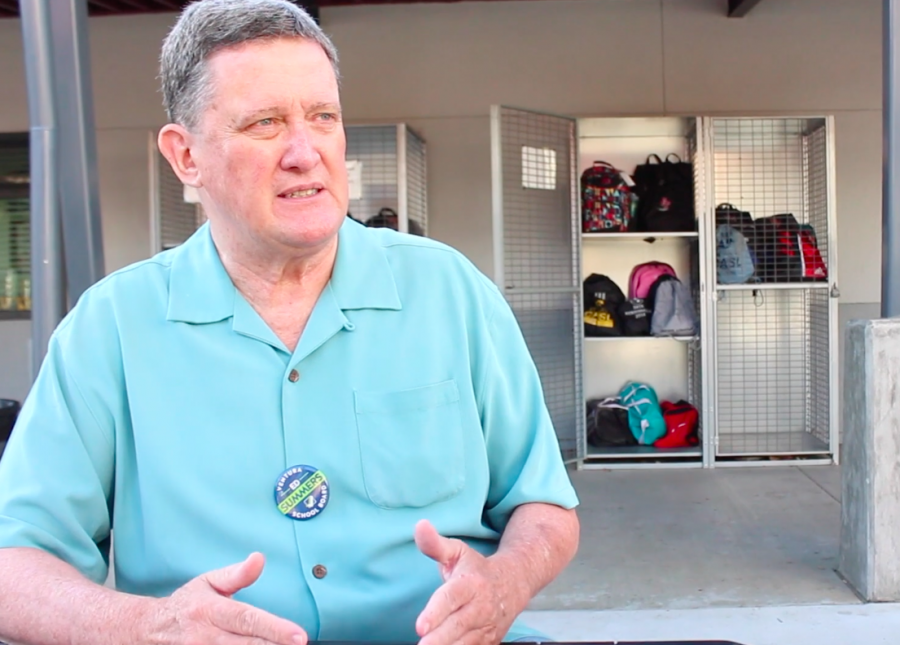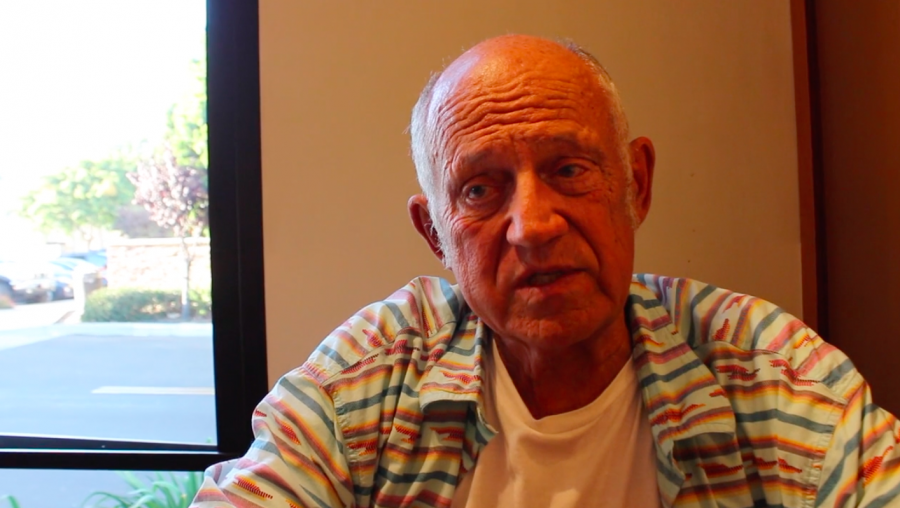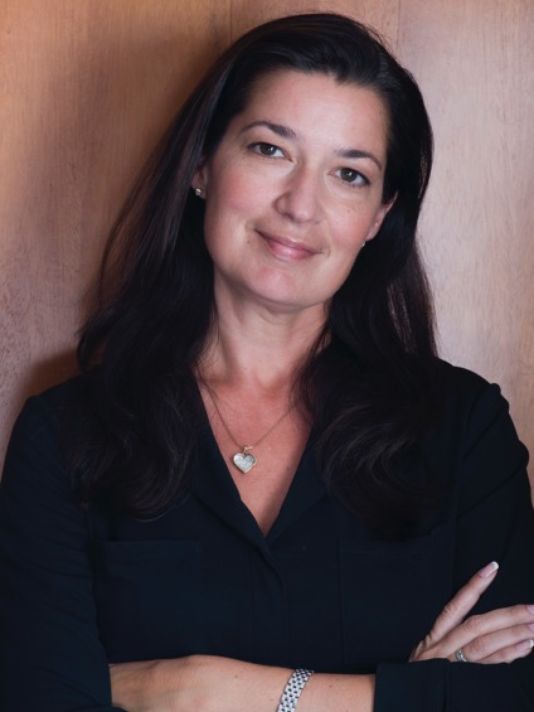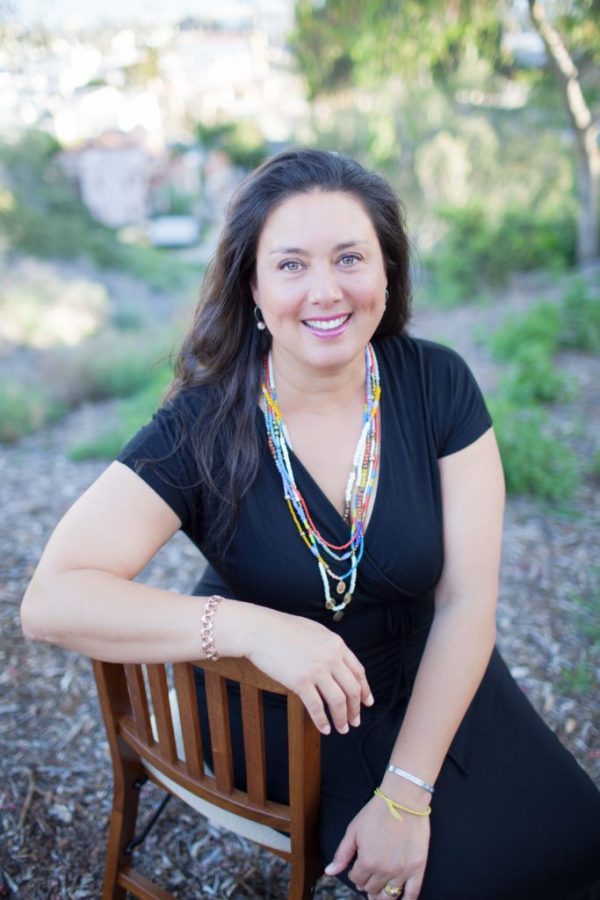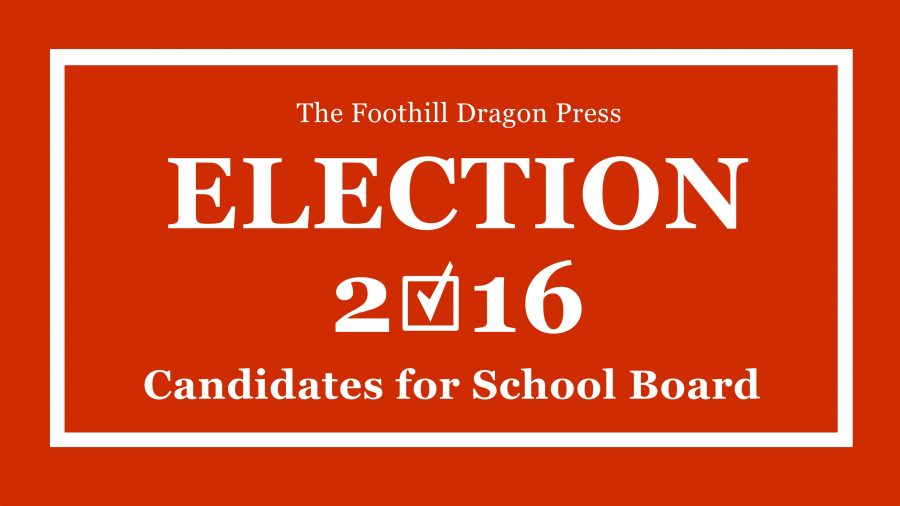INTERVIEWER: What is your background as a Venturan?
SUMMERS: I’ve lived in Ventura for 26 years, and I’ve been very involved. I’m one of those people who really started back, even in my school days, as treasurer of student body. I enjoyed being involved, so when I moved to Ventura, I was working in the bank, in the banking industry, but I looked to gain involvement in the community, so I did a lot of different things.
I served on the board of a couple local economic development associations, helped as a founding partner for the music festival, chaired the cultural affairs commission, was on City Council. But a lot of what I would work with, whether it was on City Council or lately on the School Board, or with the economic development and starting some of the schools and career programs, really a lot of it had a focus on education, so I thought it was very important to get community involvement. I’ve been on the workforce investment board, so I just brought a lot of things together that I think are going to be a good fit for this election.
At the end of your term, if elected, how will Ventura Unified schools be using technology in ways that they aren’t right now?
SUMMERS: I think we are going to broaden the scope of technology by getting in more notepads to all of the different grade levels, using them more for communication. I think it’s a great medium to bring parents and keep parents involved, although we need to recognize that there are some parts of this community where technology in the home isn’t as readily available. We have to find ways that we can supplement that through in-school use and other communications.
What will be your steps to achieving this result?
SUMMERS: Working with our local community, and our resources, of course, as we can expand them. There are grants for technology, and you look at some of the things that are being done, a great example of course is Foothill Technology, or DATA Academy. Teachers there are able to get grants to help bring technology into the school and into the classrooms. We have those businesses that are already involved with our schools, working with technology. We just have to bring these together and really try to get as much funding as we can.
In your opinion, what is the next step to ensuring high school students are prepared for the SBAC, the Common Core standardized test)?
SUMMERS: Working with them, making sure that each student has individualized attention and focuses on learning those standards and what is relevant to them. If you have that identity at the end as to why you’re doing this, you provide those additional resources and tutoring, and provide individual attention where needed. Start early in an academic career. It really prepares each student with making each case individualized.
The Ventura Unified Budget for this year is around 180 million dollars. If I gave you ten million dollars more today to invest in our school district, however you see fit, how would you spend it?
SUMMERS: I think we brought up earlier that one very good example is technology, and trying to provide additional resources for each of the campuses. Also, classroom size, but I think even more important than classroom size is using some of the examples that we have, and some that you live with at Foothill, such as block scheduling, bringing in more aids, bringing in people who can help with independent studies, and getting these resources to the students. Keeping classroom sizes as small as possible, but otherwise spending those ten million dollars on being more productive.
What do you think is the most pressing issue facing our schools today and how can it be addressed?
SUMMERS: I think student motivation. It’s hard sitting here because I understand that students are very motivated generally on the Foothill campus, and to make sure that each student has that connection—I talk a lot about this—there’s this recurring theme. Education really is key when somebody has an identity, and their identity is to where they’re going to be in life and what they want to do, and it all of a sudden makes the things that they’re learning in school more relevant, so making sure that the connection is made in the student, and how they can tie that together.
Sometimes to students, School Board policy decisions seem to come out of nowhere. Most students don’t know their School Board members, don’t know when the board meets, and aren’t informed about the decisions the board makes on a regular basis, like for example decisions about curriculum or disciplinary policies. If you are elected, how do you plan to cultivate a closer relationship between the board and the students, ensuring that they get a chance to speak on issues that pertain to them and are informed of decisions once they happen?
SUMMERS: If I can take this and maybe make it a little bit broader, I think really what the district can do is really communicate more with the entire community, and that includes students, of course. A lot of times they say that a decision on the agenda, there hasn’t been a lot of public discussion on it, there’s not been any pre-work, so you start to hold more relevant workshops.
The student body presidents do come to the board meetings, so we need to make sure that that’s a two-way communication happening, and the they are bringing back what’s happening, and talking to the student body, and making sure that the students are informed of these issues. Helping and sending out more materials, greater communication at times.
Unfortunately, we all have things to do on a Saturday, but I think there are times for a Saturday workshop. Just schedule nine to twelve and say that we’re going to talk about how we implemented common core, is a good example. What can we do to create a better understanding of it? How can we build on that and make the experience better for the students and their parents?


